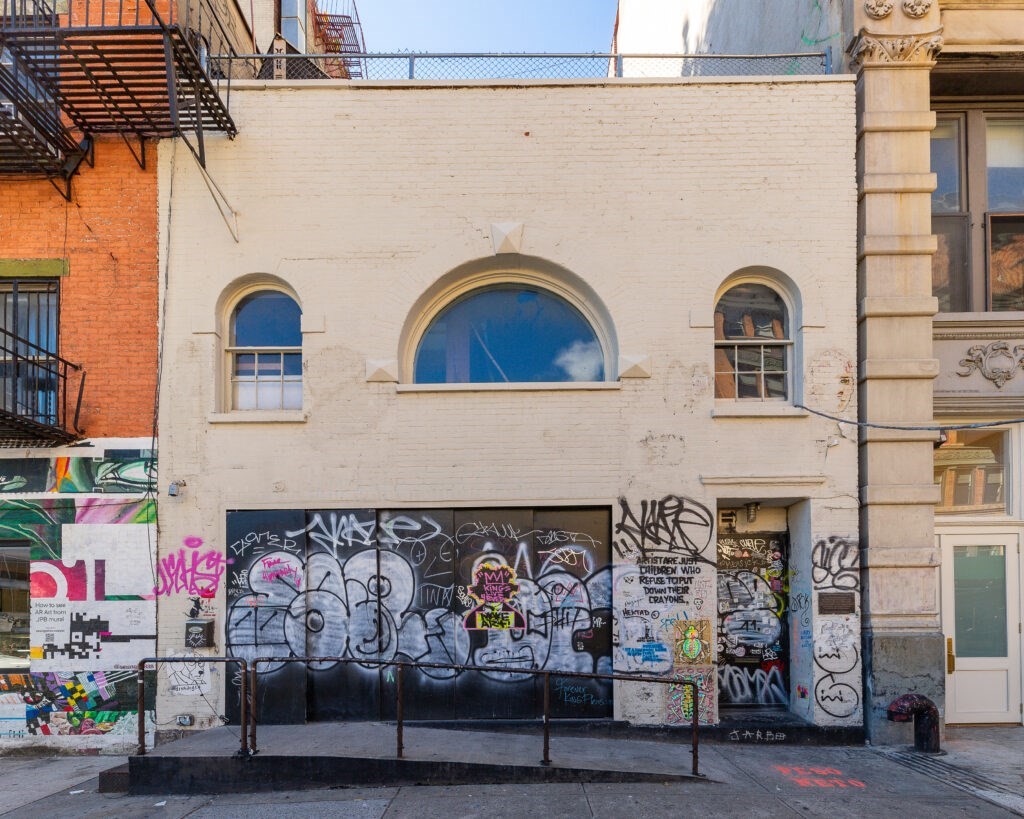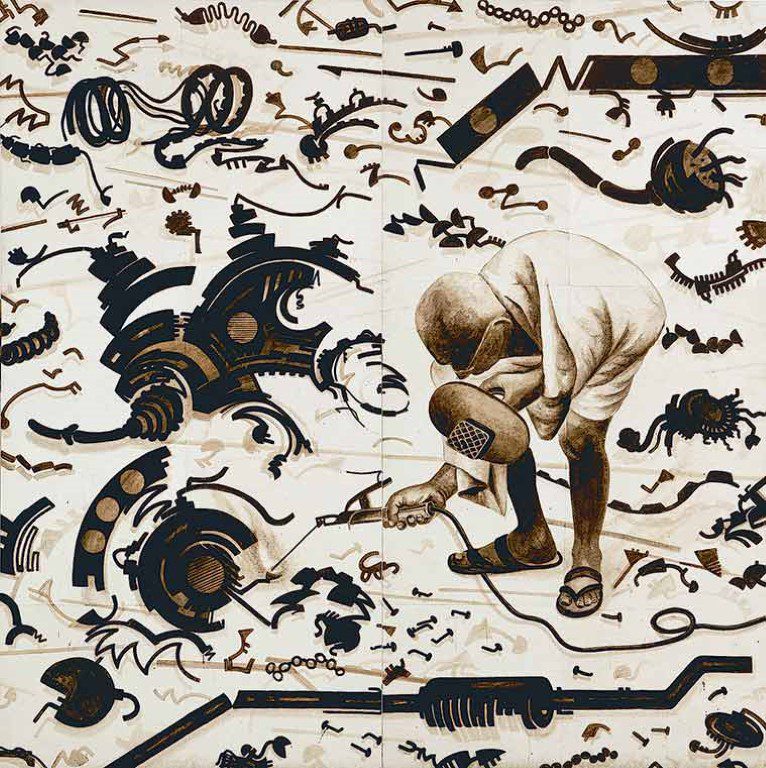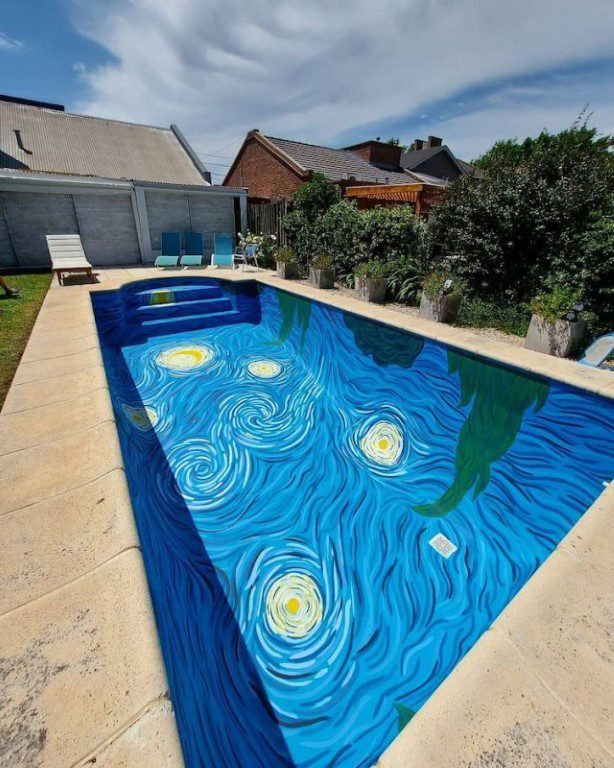Introduction
Street art, by its very nature, is transient and subject to the elements and property owners’ whims. However, the graffiti community has been outraged over the past two months by one artist’s repeated whitewashing of the building where Jean-Michel Basquiat lived and worked. The studio at 57 Great Jones Street in New York City has long been a historic graffiti spot, and the destruction of the ever-evolving tribute to Basquiat has drawn widespread attention and criticism.
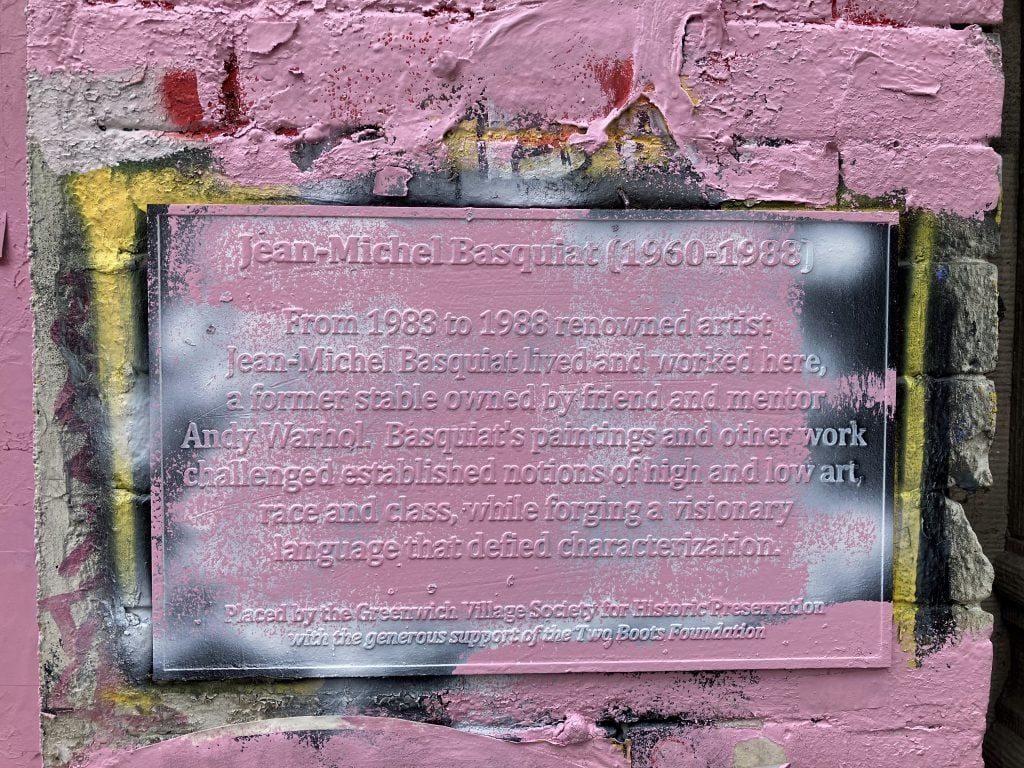
The Artist Behind the Controversy: Roberto Palacio
Since July 10, an artist named Roberto Palacio, operating under the alter ego Jericho Drumm, has removed or painted over the former Basquiat studio’s multi-layered artworks on three separate occasions. Palacio has shared videos on his Instagram account, taking credit for the whitewashing. His actions have not been well-received by established figures in the street art scene, who emphasise the importance of respect and collaboration among artists.
The Basquiat Tribute Targeted
Palacio began targeting the Basquiat tribute after actress Angelina Jolie signed an eight-year lease for the building. Jolie plans to use the building as the headquarters for her new tailoring business collective, Atelier Jolie. The building had been on the market and was previously home to a members-only restaurant, Bohemian, which controversially buffed the building in 2022.

The Controversial Erasure
Palacio described his actions as “The Erasure of Jean (Reverse vandalism, Silent protest)” and compared it to Robert Rauschenberg’s “Erased De Kooning (1953).” He claimed to have made attempts to reach out to individuals who could assess the space at 57 Great Jones, including realtors, but details of these meetings remain unclear. After the art world failed to take notice of his first action, Palacio escalated by whitewashing the entire first floor of the building’s exterior on July 26.
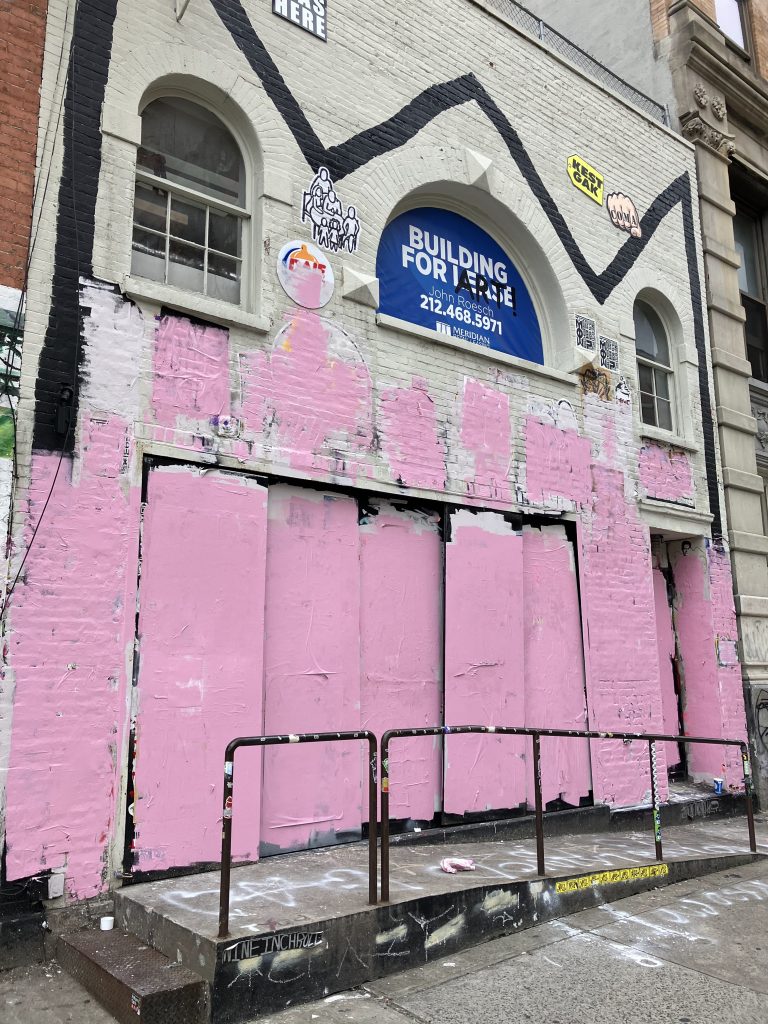
Reactions from the Street Art Community
Street artists like Adrian Wilson and Sinclair the Vandal expressed their disappointment in Palacio’s actions. Wilson returned to the scene to paint a two-story Basquiat-style crown on the facade and modify the advertisement on the second-floor window to read “building for art” instead of “lease.” The facade was once again covered with artwork by various artists paying tribute to Basquiat. Palacio’s actions, including painting over the commemorative plaque, have been widely criticised as disrespectful and inconsiderate.
Palacio’s Artistic Expression
In addition to painting over the Basquiat building, Palacio created an accompanying work on canvas, titled “The erasure of, Jean- ll,” which he offered for $40,000.He explained his choice of pink paint, likening it to femininity and rebirth through psychic possession. Some commenters on his Instagram posts criticised Palacio’s actions as disrespectful to Basquiat’s legacy.
Conclusion
Roberto Palacio’s repeated whitewashing of the historic graffiti spot that once belonged to Jean-Michel Basquiat has sparked outrage within the street art community. While some may view it as a form of artistic expression, many established street artists see it as a disrespectful act that erases the collaborative and ever-evolving nature of street art tributes. The controversy highlights the delicate balance between artistic expression and the preservation of artistic history in the public domain.
Angelina Jolie to Rent Jean-Michel Basquiat’s Former Studio for New Fashion Venture

Contributor

